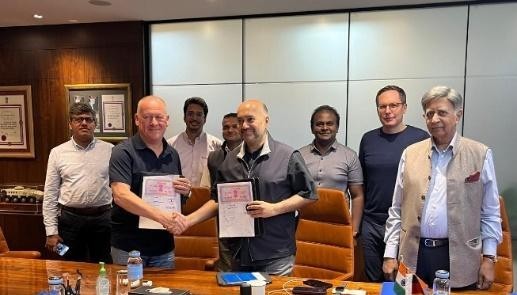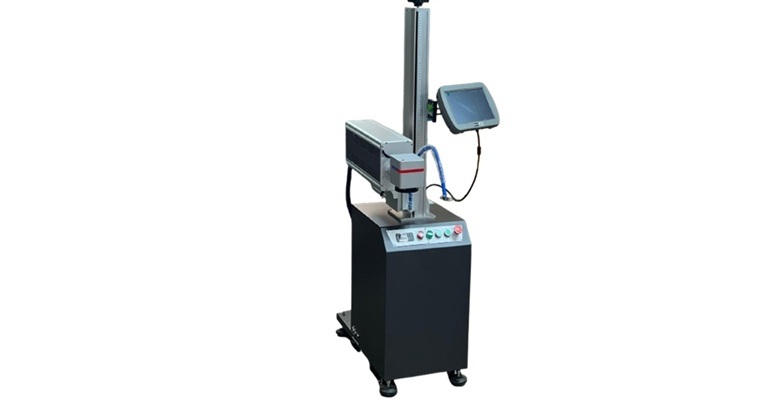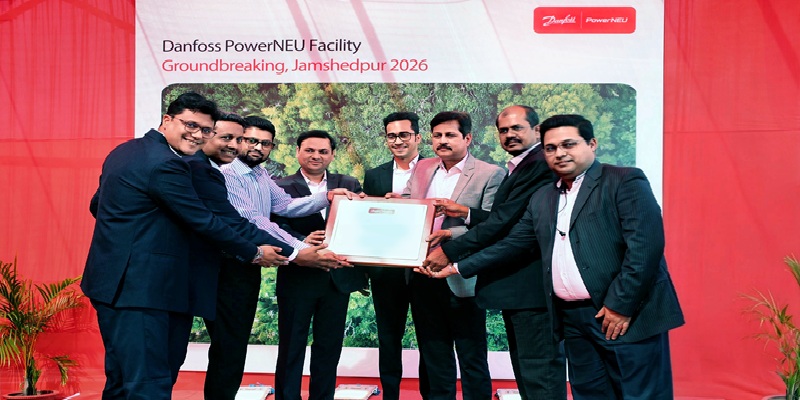Schedule a Call Back
SMEs should leverage user-friendly tech like cobots to propel their business”
 Interviews
Interviews- Nov 02,23

Related Stories

Garuda Aerospace Inaugurates Drone Battery Facility with DGCA Chief
Garuda Aerospace has inaugurated a drone battery manufacturing facility and a new academic block in Chennai, reinforcing its commitment to building a self-reliant and indigenous drone ecosystem in I..
Read more
Bharat Forge and Agile Robots sign MoU to Advance AI-Led Industrial Automation
The MoU brings together Bharat Forge’s manufacturing expertise and Germany-based Agile Robots’ AI-led robotics capabilities to accelerate intelligent automation across key civilian industrial se..
Read more
Rewarding Manufacturing Resilience
Effective January 1, 2026, Mexico imposed import duties ranging from 5 per cent to 50 per cent on a broad set of goods from non-free trade agreement (FTA) countries, including India, China, South Ko..
Read moreRelated Products

Fanless Industrial Pc for Smart Manufacturing
CONTEC Launches BX-M4600 Series - Fanless Industrial PC for Smart Manufacturing.
















